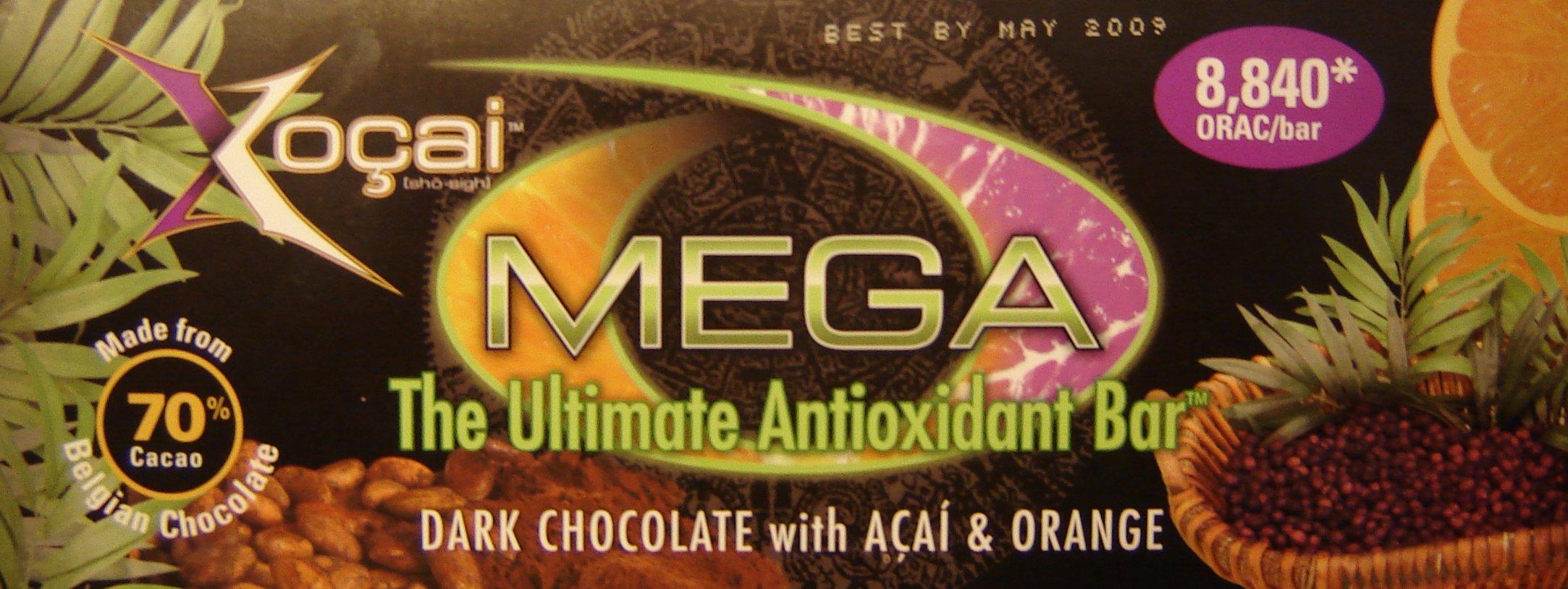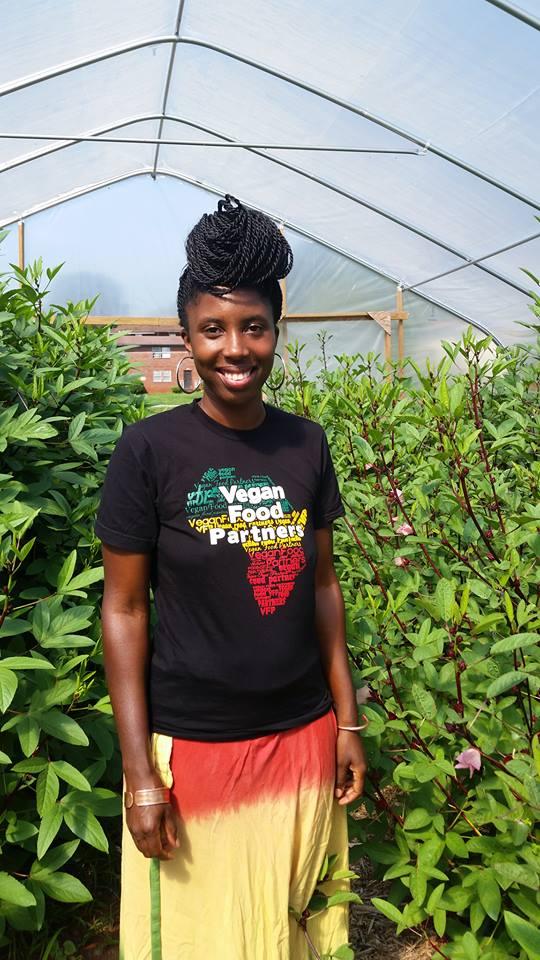In the realm of dietary choices, few topics ignite as much debate as the plant-based diet. For some, it represents a commitment to sustainability and health; for others, it’s a puzzling departure from traditional nutritional wisdom. Yet, as more individuals embrace this lifestyle, new questions arise, particularly concerning its suitability for expectant mothers. Pregnancy, a time of profound change and heightened nutritional needs, prompts an exploration of how a plant-based diet might align with or challenge the requirements of nurturing new life. This article delves into the heart of this debate, examining the potential benefits and challenges of plant-based diets for pregnant women, while seeking to offer clarity and guidance for those navigating this unique intersection of life and nutrition.
Navigating Nutritional Needs in Plant-Based Pregnancy
Pregnancy is a time when nutritional demands are heightened, and ensuring a balanced diet becomes crucial. For those following a plant-based lifestyle, meeting these needs can be both rewarding and challenging. A well-planned plant-based diet can provide all the essential nutrients required for a healthy pregnancy. However, attention must be given to certain nutrients that are primarily found in animal products. Protein, iron, calcium, vitamin B12, omega-3 fatty acids, and vitamin D are some of the critical nutrients that need careful consideration.
Expectant mothers can thrive on a plant-based diet by incorporating a variety of foods, including:
- Legumes: Lentils, chickpeas, and beans are excellent sources of protein and iron.
- Whole Grains: Quinoa, brown rice, and oats provide essential fiber and energy.
- Nuts and Seeds: Almonds, chia seeds, and flaxseeds offer healthy fats and calcium.
- Fortified Foods: Plant-based milk and cereals fortified with vitamin B12 and vitamin D.
- Leafy Greens: Spinach and kale are rich in iron and calcium.
Regular check-ups with a healthcare provider and possibly a nutritionist can help tailor a diet that meets individual needs, ensuring both mother and baby receive the nutrients necessary for a healthy pregnancy journey.

Key Nutrients and How to Source Them from Plants
Pregnancy is a crucial time for ensuring that both the mother and developing baby receive adequate nutrition. A plant-based diet can be rich in essential nutrients, provided that careful planning is undertaken. Here are some key nutrients and their plant-based sources:
- Protein: While animal products are a common source, plants like lentils, chickpeas, quinoa, and tofu offer high-quality protein necessary for fetal development.
- Iron: Critical for preventing anemia, iron can be sourced from spinach, lentils, and fortified cereals. Pairing these with vitamin C-rich foods like oranges or bell peppers can enhance absorption.
- Calcium: Essential for bone health, calcium is abundant in fortified plant milks, almonds, and leafy greens like kale and broccoli.
- Omega-3 Fatty Acids: Vital for brain development, these can be obtained from flaxseeds, chia seeds, and walnuts.
- Vitamin B12: Often found in animal products, this vitamin is crucial for nerve function and can be supplemented or sourced from fortified plant-based foods.
By incorporating a variety of these plant sources into meals, pregnant women can meet their nutritional needs effectively. Consulting with a healthcare provider or nutritionist can further ensure that the diet is well-balanced and sufficient.

Balancing Dietary Choices for Maternal and Fetal Health
Embracing a plant-based diet during pregnancy can be a nurturing choice for both mother and baby, provided it is well-planned and balanced. Nutrient-rich plant foods offer a variety of benefits, including fiber, vitamins, and antioxidants, essential for the developing fetus. Pregnant women opting for a plant-based approach should pay special attention to key nutrients like iron, calcium, vitamin B12, and omega-3 fatty acids. Iron-rich foods such as lentils, spinach, and fortified cereals, along with vitamin C sources like citrus fruits, can enhance iron absorption. Meanwhile, calcium can be sourced from fortified plant milks and leafy greens, while B12 supplements may be necessary to ensure adequate levels.
- Include a variety of protein sources: beans, lentils, tofu, and tempeh.
- Incorporate healthy fats from nuts, seeds, and avocados.
- Ensure sufficient intake of iodine through seaweed or iodized salt.
By focusing on a diverse array of plant foods and mindful supplementation, expectant mothers can maintain a diet that supports their health and the well-being of their baby. This approach not only nurtures the body but also aligns with sustainable practices, offering a compassionate choice for the planet. As always, consulting with a healthcare provider or a nutritionist can help tailor dietary choices to meet individual needs and ensure a safe, healthy pregnancy journey.

Expert Recommendations for a Safe Plant-Based Pregnancy
When embracing a plant-based diet during pregnancy, it is crucial to ensure that both mother and baby receive all necessary nutrients for optimal health. Experts recommend focusing on the following key components:
- Protein Sources: Incorporate a variety of protein-rich foods such as beans, lentils, tofu, and quinoa to meet increased protein needs.
- Iron and Vitamin B12: To support increased blood volume and energy levels, include iron-fortified cereals, dark leafy greens, and consider a B12 supplement or fortified foods.
- Calcium and Vitamin D: Essential for bone development, these can be sourced from fortified plant milks, leafy greens, and safe sun exposure or supplements.
- Omega-3 Fatty Acids: Vital for fetal brain development, these can be obtained from flaxseeds, chia seeds, and algae-based supplements.
Ensuring a well-rounded and nutritionally adequate diet, possibly with the guidance of a healthcare provider or dietitian, can help support a healthy pregnancy while adhering to a plant-based lifestyle.
In Summary
In the intricate journey of pregnancy, nutrition plays a pivotal role in nurturing new life. As the discussion around plant-based diets continues to evolve, it’s clear that these dietary choices offer a tapestry of nutrients, colors, and flavors that can support both mother and child. However, as with any dietary path, the key lies in balance, knowledge, and careful planning. Consulting healthcare professionals and nutritionists can help tailor a plant-based approach to meet the unique needs of pregnancy, ensuring that both mom and baby receive the nourishment they deserve. Whether one chooses to embrace the vibrant world of plant-based eating or blend it with other dietary practices, the ultimate goal remains the same: a healthy, joyful journey to motherhood. As the last page of this article turns, may it inspire thoughtful choices and a deeper understanding of the symbiotic relationship between food and life.




